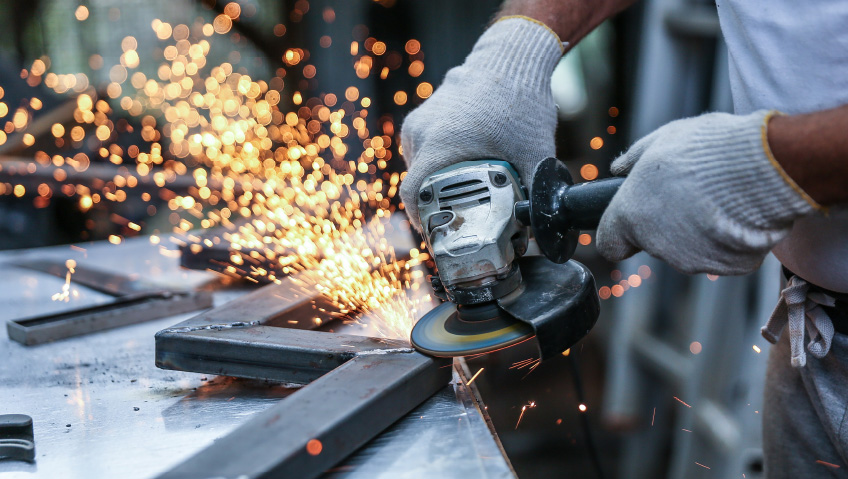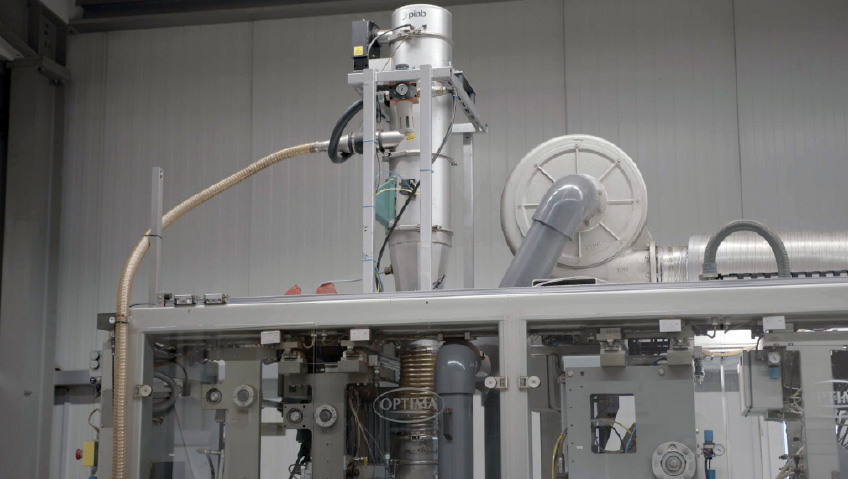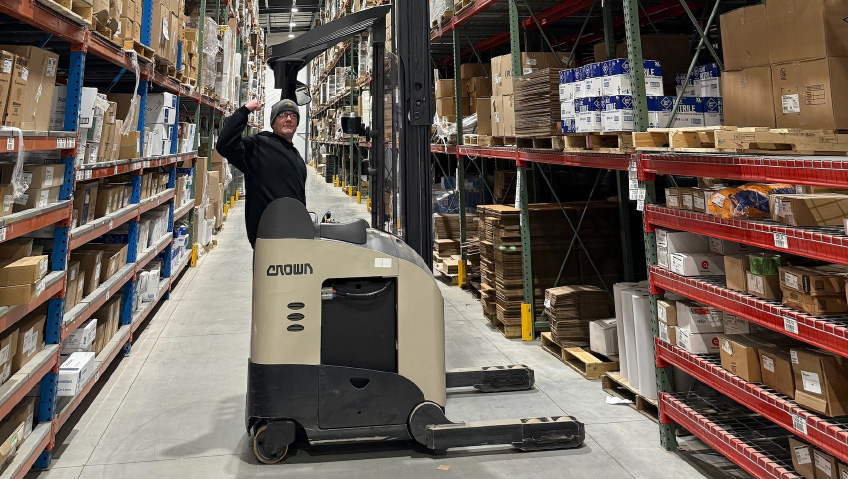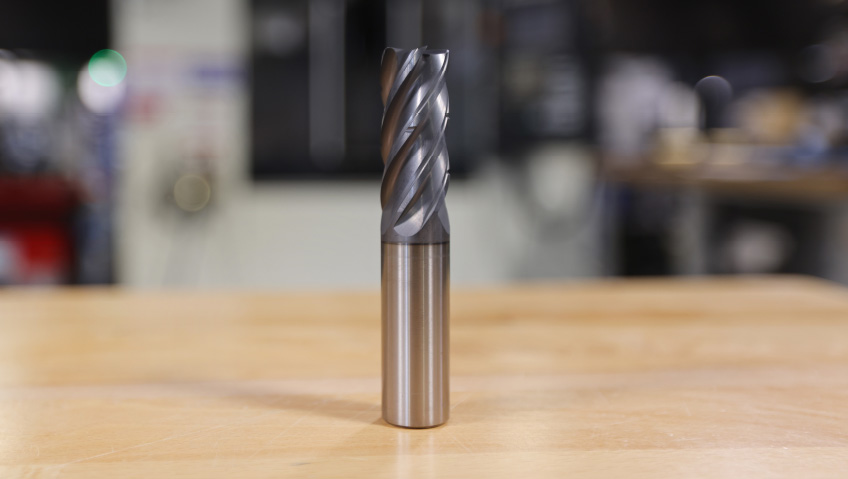Acorn Manufacturing Company, Inc. is a decades-old family business in Mansfield, Massachusetts that manufactures and distributes forged iron builders’ hardware across the United States and abroad. Builders’ hardware refers to metal hardware products used to decorate or protect properties, or to enhance convenience. The company is proud that its goods are made in Mansfield and reflect the heritage of New England.
“Most of our work is reproduction work, based on early designs from the Colonial period. We manufacture that complete line and stock it. We can ship in three days [just about] anything we show in our catalogue, and we offer custom work also,” says Acorn’s President, Eric DeLong.
The company’s hardware products are grouped into the following categories: door, cabinet, gate, shutter, barn door, bath, kitchen, and home accessories. It manufactures knobs, handles, and lock sets for doors in houses, shelf brackets, and barndoor track hardware. Knobs, hinges, and drawer pulls are popular cabinet hardware pieces while the gate category includes hinges, hook and eye sets, and latches. Shutter hardware consists mainly of hinges, while bath and kitchen encompass everything from towel rings and bars to clothes hooks and tissue holders. The home accessories category, meanwhile, includes house numbers, wall and shelf brackets, and cut nails.
Acorn sells these products through dealers and retail hardware stores, and direct to consumers via its website. The company primarily serves the residential sector and counts door hardware as its biggest revenue generator.
Manufacturing is done in-house at a machine shop stocked with lathes, drill presses, a press brake, and a new waterjet machine, among other equipment. The waterjet is primarily used for custom work—an area in which Acorn can hold its own against low-cost offshore competition.
“We’ve been working for many years trying to compete with overseas, and we can’t. We can’t do the same product at the same cost,” DeLong states. However, if people are willing to pay a bit more, they can get products made to specification, backed by excellent customer service and a lifetime guarantee. “I tell my salespeople, if anybody wants anything, you say, ‘Yes, we can do it.’ If we can’t, we’ll find somebody who can, because I think there’s value in being able to say to somebody, ‘Well, we don’t do that, but let me give you the name of somebody who can,’” he points out.
This is a nimble, close-knit operation. “We’re a small company. We’re 22 employees; at our peak, we were a little over 40. It’s small enough so that we know everybody, and we have a relationship with everybody. Our business is a family model,” he says.
Acorn was founded near New Haven, Connecticut in 1937 by Victor Shaffer, with a focus on cast brass hardware that was finished in matte black. The business waxed and waned, and was sold to Percy Lincoln Slayton in 1948, who then moved the company to Mansfield. Acorn transitioned from cast brass hardware to forged and cast-iron hardware. In 1955, Slayton’s son-in-law, Robert DeLong (Eric’s father) began working for the firm. Robert became President in 1970 when Slayton retired.
Under Robert, the company thrived, acquiring the nickname ‘The Cadillac of Colonial Hardware’ due to its reputation for quality. When Eric, who took a job at Acorn in 1979, became President in 1998, he continued to emphasize quality and a family-like ambience. As part of that ethos, he decided to operate in as transparent a manner as possible.
“When I took over, I brought in open-book management: opening up everything we’re doing. There are no secrets here, including finances. We share everything, and I think that’s what kept us alive and going, especially during tough times,” he states.
Eric DeLong also introduced profit sharing. “We share. If the company does well, we share it with the employees. I value my employees. I consider them part of my family and treat them as I would any member of my family. People know they can depend on me as I depend on them. So, we’ve been able to navigate some of these storms and recessions and come back.”
The company began acquiring other businesses, including the Tremont Nail Company in 2006 and OverBoards, specializing in aluminum baseboard heater covers, in 2007.
These acquisitions put Acorn in good stead when the North American economy experienced a major downturn. “Back in 2008, we lost 40 percent of our sales with that recession. At the time, it was nails really that kept us alive,” DeLong shares.
Tremont, which has a heritage dating back two centuries, is the “only full-line manufacturer of cut nails in the world,” according to Acorn. Cut nails have a tapered rectangular shape and a blunt, not pointed, tip. Also called square-cut nails, cut nails were popular in previous eras and are still regarded as being durable, tough to dislodge, and superior to some other types of nails.
“They’re blunt, so they cut the wood as they go in, and because of the shape of the nail—it’s rectangular—it has almost twice the holding power of a wire nail. They just stand up longer. If you’ve got an old home and you take apart old boards, you’ll see cut nails that are almost as good as the day they were put in,” DeLong explains.
The company owns two other nail businesses: Wheeling Labelle Cut Nails, which was acquired in 2009, and Glasgow Steel Nail Company, acquired in 2013.
Wares made by acquired companies are sold under the Acorn banner, except for nails—which are sold separately under Tremont Nail—and baseboard heater covers from OverBoards. These covers are marketed separately as they are custom-made, cut to length to fit each room in which they are installed, and sold directly to customers, not dealers.
While cut nails helped Acorn survive the recession of 2008 to 2009, the company’s overall heritage of quality has ensured its success through the decades. “Everything we sell, we stand behind 100 percent—always have and always will. I want people to be proud of what they’re selling,” says DeLong.
Naturally, COVID proved to be another challenge. The company followed state and federal guidelines and, in the end, it “weathered the storm. It was just another area where we stuck together, and we worked well and we came through it,” DeLong says.
Given this emphasis on teamwork, he has definite ideas about who he wants working for him. “I think experience is overrated; I would rather have somebody who is honest. I look for honesty, integrity, and joy. I don’t want people working here because they have to. I want people that are working because they want to,” he states.
“I think you can train anybody,” he adds. “We may not be able to pay what 3M is paying, but we have a different value system, and we value our employees in different ways that you’re not going to get at a lot at the bigger companies.”
Those values are also reflected in the company’s charitable ventures. DeLong’s church is heavily involved in overseas outreach work. Accompanied by some Acorn employees, he helped build a children’s home in Mexico, and his church has supported similar ventures in Uganda and India.
As for the future, he says, “I think the growth is going to be through the website, and through custom hardware.” The company also makes it presence known at trade shows and runs advertisements in trade magazines devoted to log homes and traditional home building to promote itself. DeLong’s son is in charge of social media, posting items about Acorn to Facebook, Twitter, and other platforms.
In the realm of custom and specialty goods, the company is now making a version of its steel heavy strap hinges in stainless steel.
“I want to bring them down to one of our accounts on Martha’s Vineyard [on the Atlantic seaboard] who we’ve sold a lot of hardware through. People are looking for a good quality product that they know will stand up to the environment, and salt air is a tough environment for metal hardware. So, you’ve got to produce with stainless steel or brass,” states DeLong.
“I know this business is a great business, but it’s only as good as the people who work here. I’ve got good employees, a good family that supports me and supports this business. I think that’s what makes a good company—people who believe in what they’re doing,” he says. “To me, it’s never been about the money. It’s about creating a place where people can feel good about working and producing a good product and making a reasonable living.”






